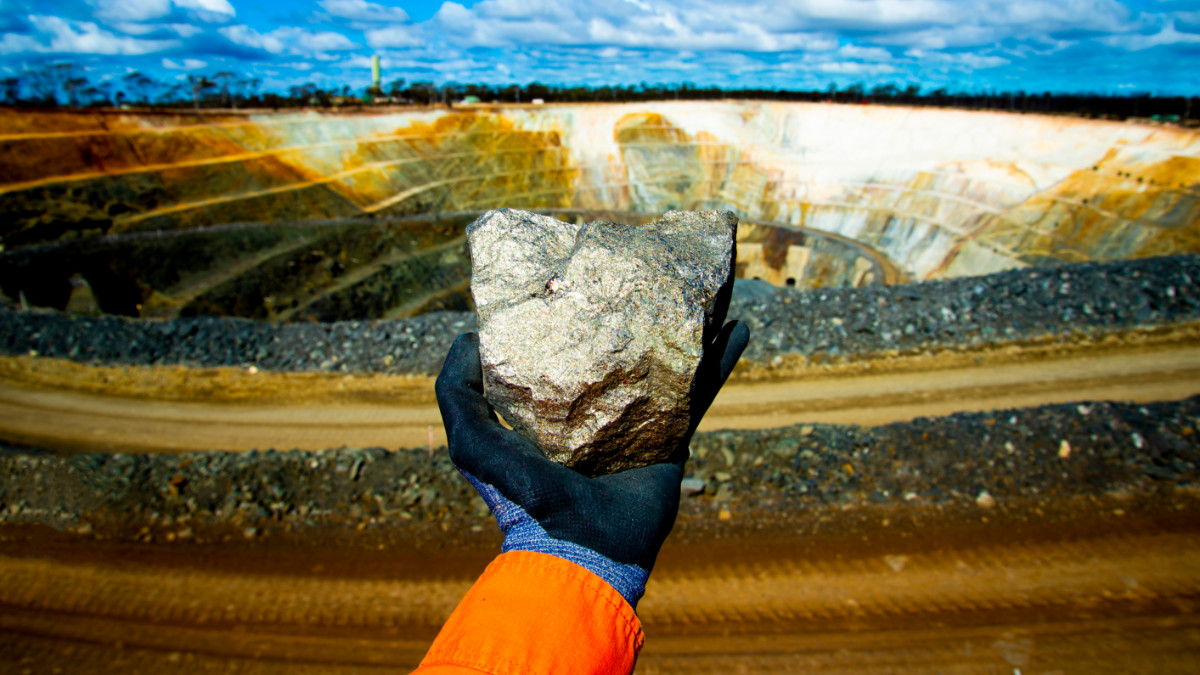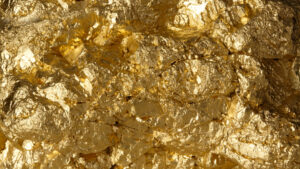RESULT: High grade nickel and ‘one of the most exciting undeveloped nickel-cobalt resources in WA’ at Golden Mile’s Quicksilver project

G88 believes it’s onto one of the most exciting undeveloped nickel–cobalt resources. Pic via Getty Images
- Metallurgical results demonstrate ability to easily separate high grade nickel up to 4.5% at Golden Mile Resources’ Quicksilver project
- Delineation of high-grade nickel zones could provide opportunity to initially extract those zones
- G88 focused on maximising amount of high-grade at the drill bit ahead of resource update
Special Report: Ongoing metallurgical testwork continues to deliver upside at the Quicksilver nickel-cobalt project in Western Australia with recent results providing a “very positive” development for near surface high-grade nickel as well as gold.
Golden Mile’s (ASX:G88) Quicksilver project, about 300km south of Perth near Lake Grace, is a 26.3Mt oxide clay hosted nickel-cobalt deposit with some gold, rare earths and scandium on the side.
G88 has been advancing Stage 3 metallurgical test work programs and quickly progressing towards a scoping study, the first proper look at the economics of building a project.
Following the latest excellent metallurgical and petrography results announced last week, G88 has further evolved its understanding of Quicksilver and the high-grade nickel component.
Up to 5 potential ore types at Quicksilver
Recent work has identified five potential ore types and one industrial type that can be mined using low cost-free digging (soft rock mining), and separated using low-cost mechanical methods as follows:
- Nickel–cobalt clay ore: Screening and scrubbing separation;
- High grade nickel mica ore: gravity separation;
- Iron-chromium-nickel-cobalt ore: Magnetic separation (SIMMS) and regrinding;
- High grade cobalt ore: By-product of scrubbing (scrub oversize);
- Gold: Gravity table concentrate; and
- Silica aggregate: Screening separation and sizing (industrial product)
These variabilities and characteristics of the Quicksilver deposit were not previously known, and G88 believes these new developments can be exploited to make the project viable at its current scale.
The explorer says “a rare phenomenon” is occurring where there is high-grade nickel mica overprinting the nickel clay resource.
Drilling has intersected wide zones of near-surface high grade nickel within the clay–silicate nickel resource with results that include:
- 49m at 1.74% nickel from 30m, including 28m at 2.34% nickel from 32m;
- 36.6m at 1.01% nickel from 49.4m; and
- 21m at 1.69% nickel from 35m
High-grade zones could pave the way for niche nickel mine
Petrography results have highlighted that the nickel at Quicksilver is associated with vermiculite, a micaceous mineral that is formed from the weathering of biotite, while scanning electron microscopy revealed nickel and iron-bearing precipitate along grain boundaries and within the mica.
This suggests secondary supergene processes are forming high grade nickel which is separate to the formation of the nickel clay it is overprinting, G88 says.
Yet another development from the recent metallurgical results makes the discovery of high-grade nickel mica even more exciting – the high-grade nickel mica can be easily separated using simple, low-cost gravity techniques.
The grade of the nickel mica concentrates is also up to an impressive 4.5% nickel.
The delineation of high-grade nickel zones could provide the company with an opportunity to initially extract those zones within the deposit to increase margins and accelerate payback, or even transform the project into a niche high grade nickel mine.
What’s next?
“The geology and metallurgy keep delivering upside on Quicksilver,” G88 managing director Damon Dormer says.
“The key for us now is to maximise the amount of high grade at the drill bit, update the mineral resource estimate (MRE) and then complete the scoping study on the new MRE.”
This article was developed in collaboration with Golden Mile Resources, a Stockhead advertiser at the time of publishing.
This article does not constitute financial product advice. You should consider obtaining independent advice before making any financial decisions.

UNLOCK INSIGHTS
Discover the untold stories of emerging ASX stocks.
Daily news and expert analysis, it's free to subscribe.
By proceeding, you confirm you understand that we handle personal information in accordance with our Privacy Policy.








